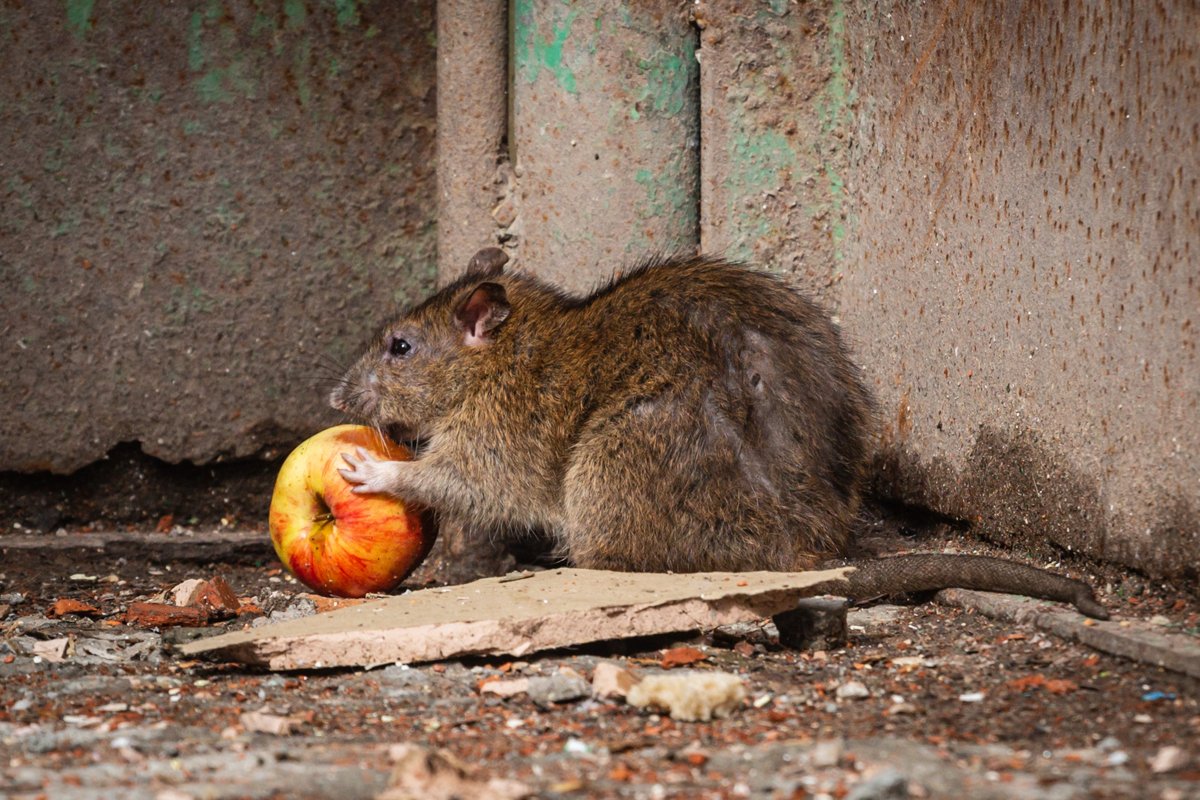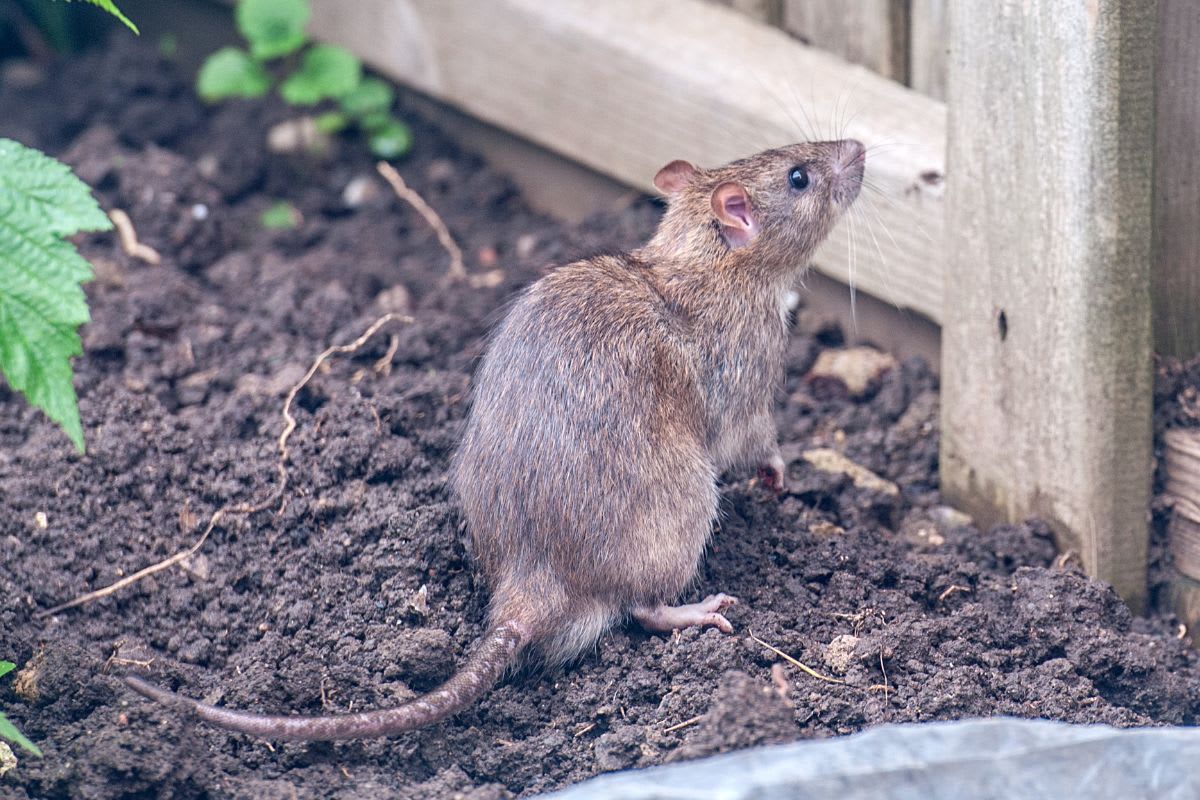The presence of these animals is not a good sign and causes various types of problems, so it is best to get rid of them as soon as possible.
Rats in the garden are much more than a nuisance. These rodents easily settle in hidden corners, dig tunnels and can transmit diseases. The worst thing is that when they find food and shelter, they reproduce at a rapid rate.
The idyllic image of a green and well-kept space soon turns into a health problem if rats are running rampant. The presence of these animals not only affects family health, but also compromises the well-being of pets and the integrity of plants.
Therefore, the key is to recognise the conditions that favour their appearance and take immediate preventive measures. A clean garden, free of food scraps and damp areas, is much less attractive to these unwanted visitors.
Clutter, their best ally
Rats seek safe refuge in piles of leaves, uncovered rubbish bins or poorly closed compost areas. Any space with shade and organic debris becomes a luxury hotel for them. Keeping the garden tidy and regularly checking waste containers is the first barrier against invasion. Removing them immediately is a great option.
It’s not just that they ruin flowers or dig up the soil. Rats are carriers of diseases such as bacterial leptospirosis, which affects organs such as the kidneys and liver, and salmonellosis, which causes diarrhoea, fever and other digestive problems. Preventing their presence is also a matter of public health.

Reducing sources of attraction
Removing food scraps, covering bins and avoiding standing water drastically reduces the arrival of rodents. Every source of moisture or food outdoors is an invitation for rats to turn your private garden into their territory.
Beyond chemical products, there are traditional solutions. Wood ash, for example, irritates the skin and respiratory tract of these animals. Filling any burrows you detect with ash is a simple, economical and environmentally friendly measure.
The intense aroma of species such as black elder, thuja and yew is unbearable for rodents. Placing fresh branches at the most common access points or in dark corners helps to keep them away without the need for pesticides. It is a way of harnessing the power of nature itself to protect your garden.
In any case, the best strategy against rats is to stay ahead of their arrival. Constant maintenance, cleaning up debris and using natural barriers will make your garden a less hospitable place for these animals and much safer for those who enjoy it.





